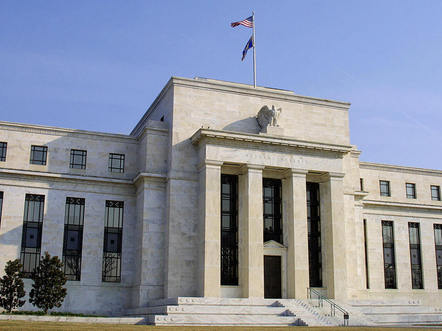
Polls have closed in Kurdish parliamentary elections that were held a year after the semi-autonomous region’s failed bid for independence from Iraq.
Sunday’s election saw hundreds of candidates vying for the 111 seats in the regional parliament, including five allocated for Turkmen, five for Christians and one for Armenians.
More than 3.1 million people were eligible to vote in the semi-autonomous region.
With opposition parties weak, the Kurdistan Democratic Party (KDP) and Patriotic Union of Kurdistan (PUK) are likely to extend their almost three decades of sharing power.
But the PUK said on Sunday it would not recognise the results, which hare expected within 72 hours, alleging fraud in the voting process.
Prime Minister Nechirvan Barzani of the KDP cast his vote shortly after polls opened on Sunday morning.
“I hope the results of the vote are respected because it’s about the people’s choice for a new parliament and government,” local media quoted him as saying.
Splits within the PUK present the possibility that KDP will take a dominant position in Kurdish politics, both in the regional capital Erbil and in the difficult formation of a federal government in Baghdad.
Observers from two opposition parties have said that some people tried to use fake identification to vote but were stopped.
Elections had been scheduled for late 2017, but were deferred in the aftermath of a referendum for independence which was met by a swift backlash from Baghdad.
With 92 percent of Iraqi Kurds voting in favour of independence, Iraq issued a strong response imposing economic penalties and taking over the oil-producing city of Kirkuk.
Even though relations with Baghdad have since improved, the Kurdish region has lost territory and economic autonomy following the independence bid, and voter frustration is rising.
Years of stagnant politics, unpaid salaries and corruption have undermined faith in politics and shrunk the turnout in recent election s.
Most major parties say they do not expect more than about 40 percent of the 3.85 million registered voters to go to the polls – below even the record low of 44.5 percent who voted in the federal election.
SOURCE: Al Jazeera and news agencies












